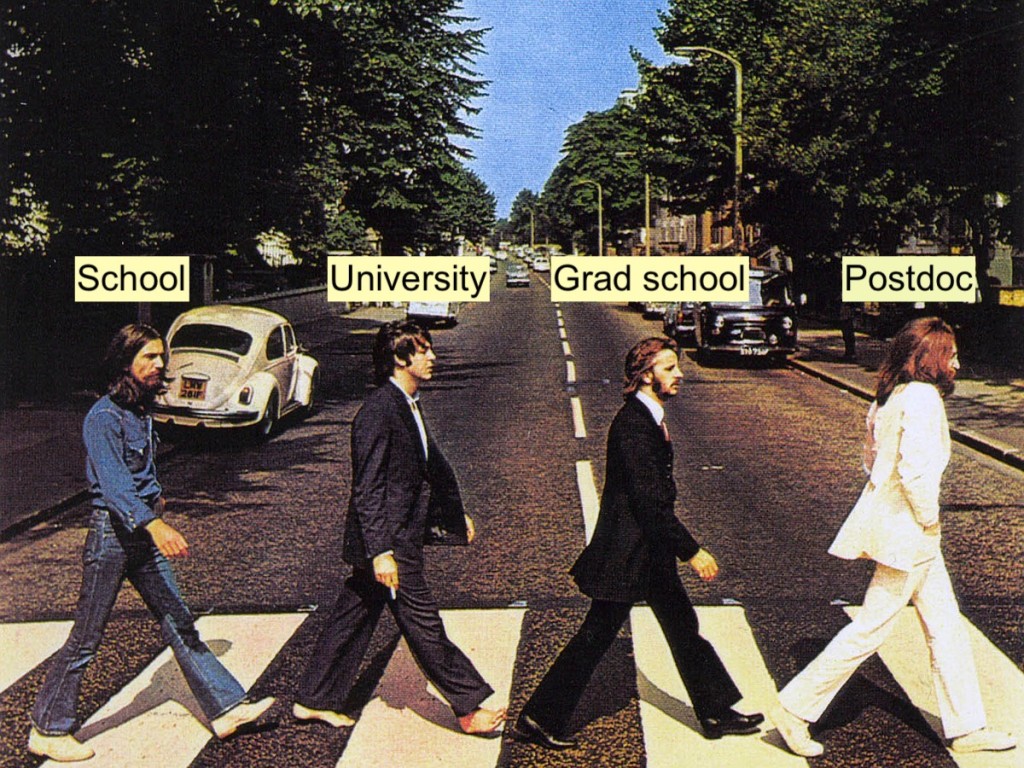
Academia can be amazing, except when it isn’t.
Continue reading

I do miss academia, but only in the abstract.
Continue reading
Attracting international scientists should be used to complement a domestic science base, not compensate for its deficiencies.
Continue reading
TIR talks to immunologist Bruno Lemaitre, a key figure in Toll research, about science, academics, narcissism and narcissists. He is an observer and commentator on the dark side of success in scientific research.
Continue reading
In January 2023, I resigned from my position at the Department of Cell & Developmental Biology at the University of Würzburg. Here are some of the things that I think I should have done differently when I moved there in 2015 to start my junior research group.
Continue reading
Being unemployed is making me realise how many unpaid hours I was committing to academia.
Continue reading
We need to reduce the emphasis on first-author papers in academic career progression.
Continue reading